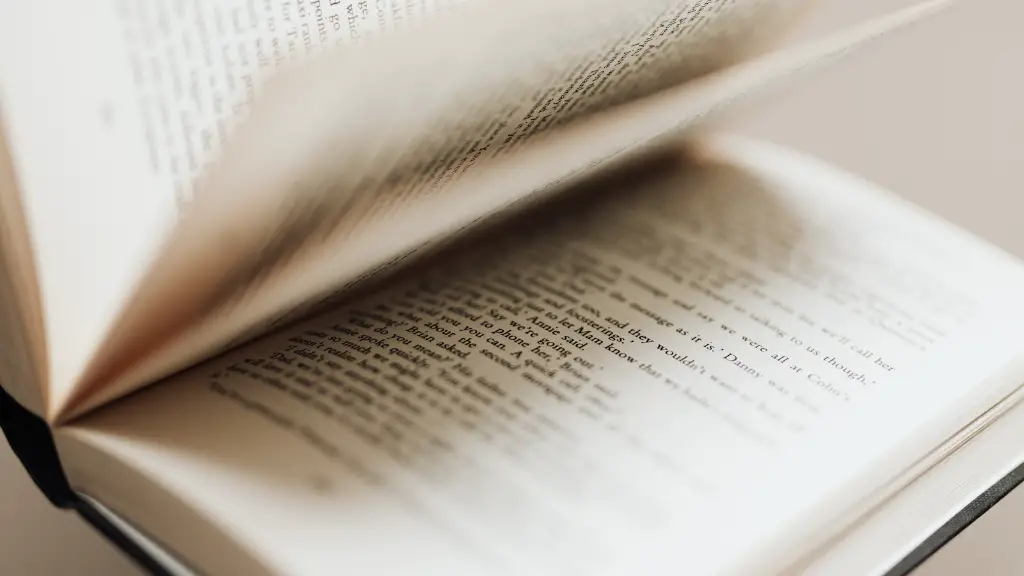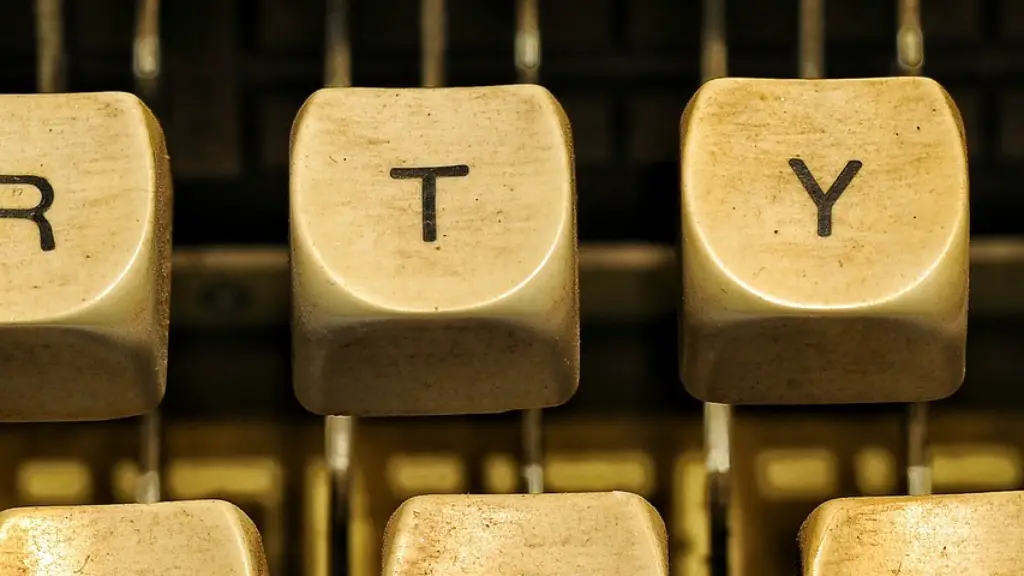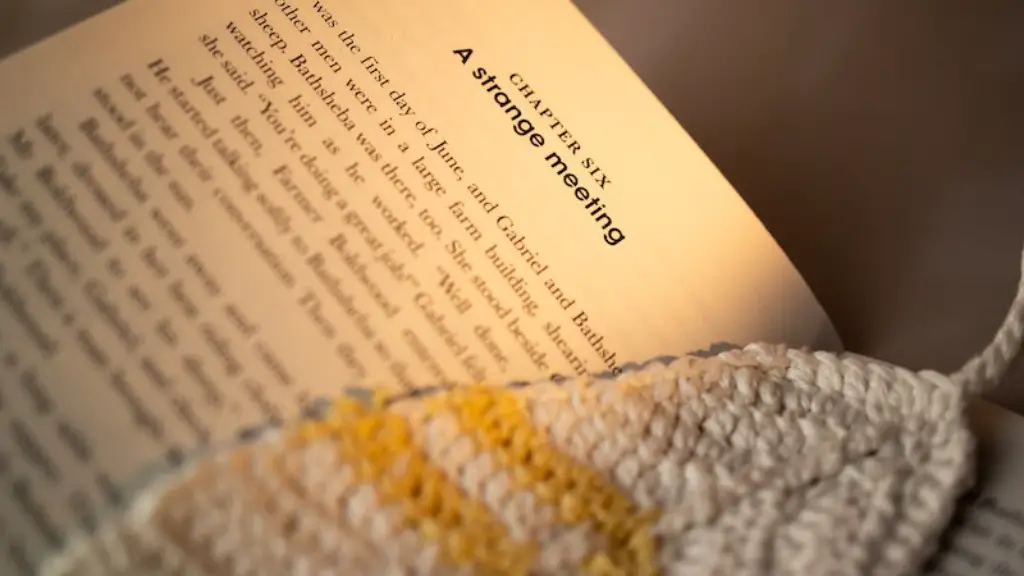What is Poetry?
Poetry is a form of literary art that has been crafted from ancient times with immensely different styles and dialects. It is a form of language that utilizes emotion to express meaning and aesthetics, by combining engaging metaphor, vivid imagery, similes, and powerful words. Often, poetry is carefully structured and often follows a special rhyme and its poems orient the intended beauty and complexity of the language. Poems can tell stories or create vivid images that can inspire the reader and leave them wondering the often opaque yet meaningful symbolism present in the words.
Form and Style of Poetry
There are many different forms of poetry and styles; each with its own slight nuances, often spanning hundreds of years of tradition. Commonly, Western traditions of poetry include the sonnet, haiku, ballads, and ode forms. Although, poetry is an open forum that has flourished into robust modern experimentation, ranging from free verse to abstract forms. Paired to its numerous forms, poetry can vary equally in terms of content. As varied as the genres and authors are, some common topics in poetry include love, nature, death, history, and description.
Common Poetic Devices
Regardless of their varying forms and content, most poems incorporate powerful words, devices and symbols to adequately express their intended resonance. Poets often use poetic devices such as alliteration, metaphor, syllables, similes, and imagery to make deeper meaning and emphasise certain words or ideas. These poetry devices allow for varying degrees of articulation and meaning to be conveyed in a succinct package of words, making the craft of writing poetry all the more amusing and meaningful.
The Effects of Poetry
The effects of poetry can be profound and far-reaching. Poetry can bring forth emotions in readers that they may not experience in any normal literary offering. It can be puzzling; to the point where the reader has to take a second look at the words to take it all in. Poetry is particularly powerful when it can evoke emotions of peoples varied upbringings, such as joy, sorrow, loss, or even anger.
The Influence of Poetry
It is no surprise that poetry is a hugely powerful tool for expressing emotions and bridging gaps between cultures and countries. Poetry is often used as a tool for songs, movie scripts, books, and countless more forms of art. It has been around for thousands of years and will likely remain for thousands more thanks to its unique and engaging nature and range of expression.
The History of Poetry
The art of poetry has been around for centuries with its roots tracing even older than written language. It is found in many cultures and languages and produces some of the greatest moments in history; often capturing eras and stories in mere moments of words. For example, in the modern era, some examples of famous poems include the famous Beowulf and the works of the metaphysical poet John Donne.
The Power of Poetry
Poetry is an art form that can truly be appreciated, rewritten and have its lyrics remixed throughout the years and still remain as meaningful and as powerful as it always had been. It is an art form capable of producing great emotions and captivating moments in history. It is a powerful form of language, allowing anyone of any background to take from it and create something beautiful, even if it is rooted from a dark history.
The Purpose of Poetry
The purpose of poetry, in essence, is to express the intricacies of emotions, the meanderings of human thought and experience that many see, yet do not have the words to express. Through these powerful words, it is capable of forming connections between people across all cultures, performing arts stages, books, classrooms, and even over the internet. It captures moments in time, creating stories in mere words, that the reader can take from and immerse in over and over.
The Truth of Poetry
Poetry’s universal and raw capacity to create unity and understanding is one of its greatest accomplishments; still holding a place in classrooms, festivals, cultures, and even on social media platforms. With so many forms of poetry available, it is hard to pin down exactly what poetry is and how it should be used. However, the true power of poetry lies in its subjectivity and its ability to be explored, applied to the world and evolved without limits.
The Passion of Poetry
As a form of literary art, poetry has an immeasurable power of passion and beauty. Its capability to express feelings, perspectives and moments that we see in our lives allows any reader to capture and enjoy the power found in its words. Its impact is capable of unifying and inspiring masses, a testament to its timelessness and magnificence.
The Innovation of Poetry
Poetry has come a long way since its inception. Making waves in the digital sphere, the internet has allowed people to access, discuss and cultivate modern forms of poetry. As the craft is tailored to fit more forms and experiment with new ideas, poets are able to create and innovate on the language of poetry to something far greater. As well as providing access to the works of poets from all backgrounds, cultures and languages, the internet serves to form collaborations between them, allowing for dynamic new works of art to come from the interactions.
The Artistry of Poetry
Poetry is like an art form for the ages– it has been around for centuries and not only does it show no signs of leaving but its influence will continue to grow and evolve as its reach expands. Even as there are so many forms of creative expression, it is its subjectivity and ever-changing nature that make poetry perpetually renewing and inspiring. As it has long been associated with some of the greatest pieces of literature, known and unknown, it carries with it a deep and meaningful history that anyone can enjoy and hopes to leave a mark on.



